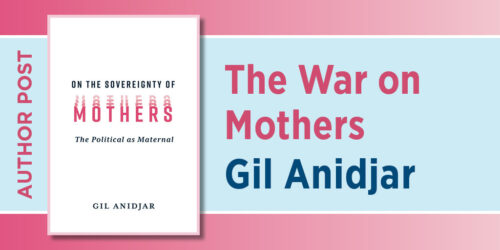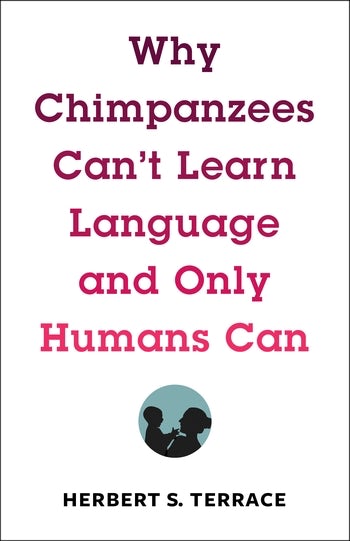Vice Presidential Candidates and the Debates: A Post by Alan Schroeder
The following post is by Alan Schroeder, author of Presidential Debates: Fifty Years of High-Risk TV
In selecting their running mates, Barack Obama and John McCain will choose not just a prospective vice president, but also a vice presidential debater. Ultimately this designation may be of little consequence, but for political junkies and the media there is much to look forward to in these junior varsity match-ups.
Historically vice presidential candidates have been assigned the role of attack dog. Their mission is to say things the loftier half of the ticket cannot, to raise doubts that might be unseemly coming from on high. For this reason vice presidential debates have generally made better theater than their first-tier counterparts. Think of Bob Dole and Walter Mondale in 1976; Geraldine Ferraro and George H.W. Bush in 1984; Lloyd Bentsen and Dan Quayle in 1988; Quayle, Al Gore, and James Stockdale in 1992; and Dick Cheney’s debates with Joe Lieberman in 2000 and John Edwards in 2004. The lower stakes and looser style rendered each of these events compellingly watchable, more watchable in many instances than the top-of-the-ticket debates.
Which brings us to the current race. What factors should Barack Obama and John McCain take into account when deciding on a vice presidential debater?
First of all, any v-p candidate must understand that his or her objective is to plead the negative case against the opponent, leaving the affirmative case to the person at the top of the ticket. This requires sublimation of the ego, not always an easy task for high-profile politicians. It also demands a willingness to “take one for the team” by going on the offensive, even at the expense of one’s own affability.
At the same time, running mates must use the debate to position themselves as plausible presidents. By the end of the program the viewing audience should be comfortable with the idea of number two stepping into the role of number one if such an event becomes necessary. Dan Quayle’s inability to make that case – “Senator, you’re no Jack Kennedy” – stands as an object lesson for all veep debaters.
John McCain’s vice presidential debater ought to be someone with first-rate television chops in order to offset the boss’s deficiencies in that department. The Republicans’ strategy in the debate will be to pit their v-p candidate against Barack Obama, not the Democrat onstage. To pull off this maneuver, McCain’s number two must know how to wield a surgical knife rather than a meat cleaver, and be able to perform the evisceration with a smile.
For Obama, a vice presidential debater will need different talents: an ability to connect with the audience on a folksy level and a knack for playing defense. Folksiness will serve to counterbalance the media stereotype of Obama’s aloofness – it’s a quality the press is likely to be looking for in his running mate. Strong defensive skills will be required to deflect incoming fire from the Republican vice-presidential nominee, who will undoubtedly attempt to make the debate a referendum on Barack Obama.
In the last analysis, vice presidential debates do not determine the outcome of elections. They do, however, offer vital political information to tens of millions of voters, educating and entertaining at the same time. For the media, they act as plot points, game-changing moments that can drive coverage for days on end. With these factors in mind, the October 2nd vice presidential debate looms large as the two campaigns finalize their picks.





